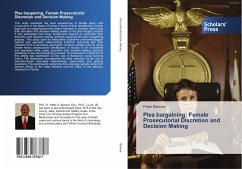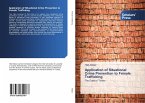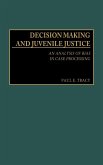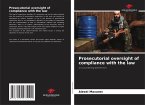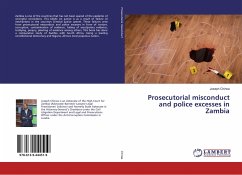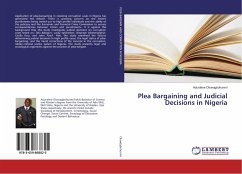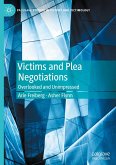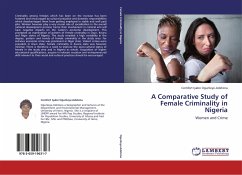This study examined the lived experiences of female felony trial prosecutors in the State of Florida in terms of their identification of both legal and non-legal factors they deem important to consider while using their discretion and decision-making powers in the plea bargain process It also addressed how these prosecutors learned to administer their discretion and decision-making authority regarding the plea bargaining process. This study used an interpretive qualitative phenomenological method and approach implementing inductive reasoning with data collected from a purposive participant centered sample used to study female felony prosecutorial identification of factors to be considered and examined while using discretion and decision-making authority pertaining to the plea bargaining process. The theoretical component of this writing was addressed via the use of Bandura's social learning theory. The researcher accomplished the data collection via the use of semi-structured interviews implementing open-ended and guiding questions. The participants comprising the purposive sample came from several Offices of the State Attorney and the Office of the Attorney General's in Florida.
Bitte wählen Sie Ihr Anliegen aus.
Rechnungen
Retourenschein anfordern
Bestellstatus
Storno

